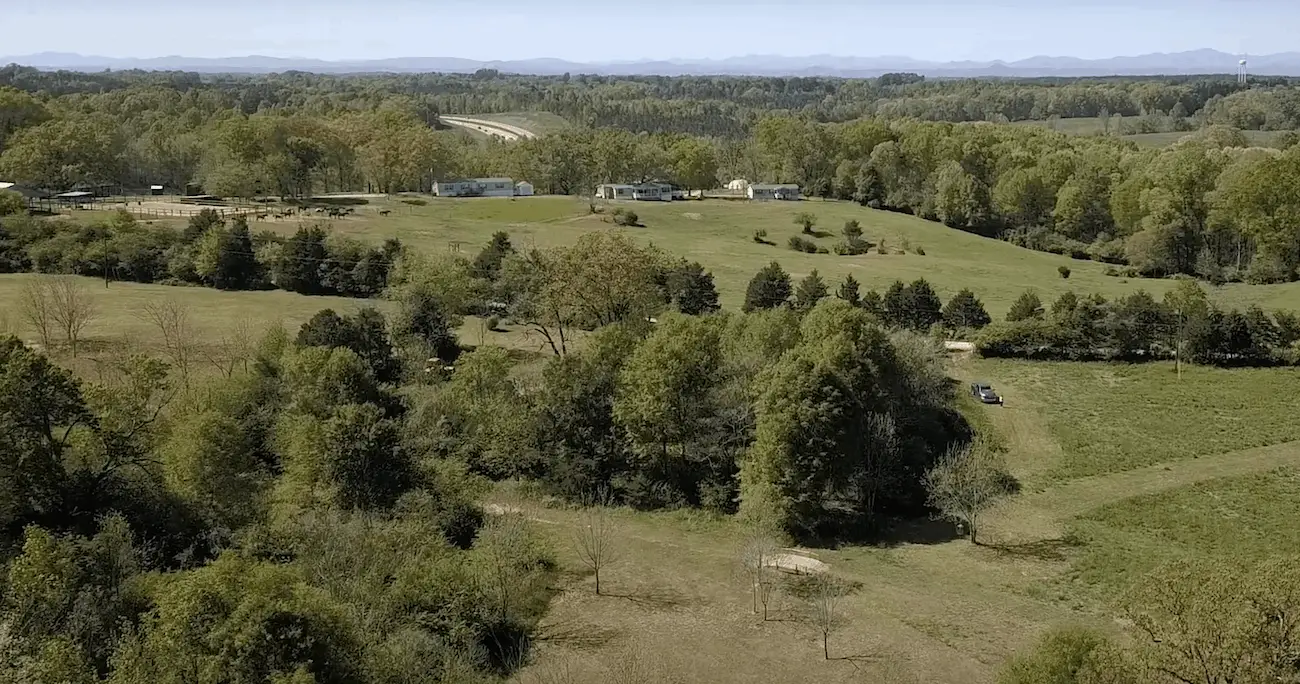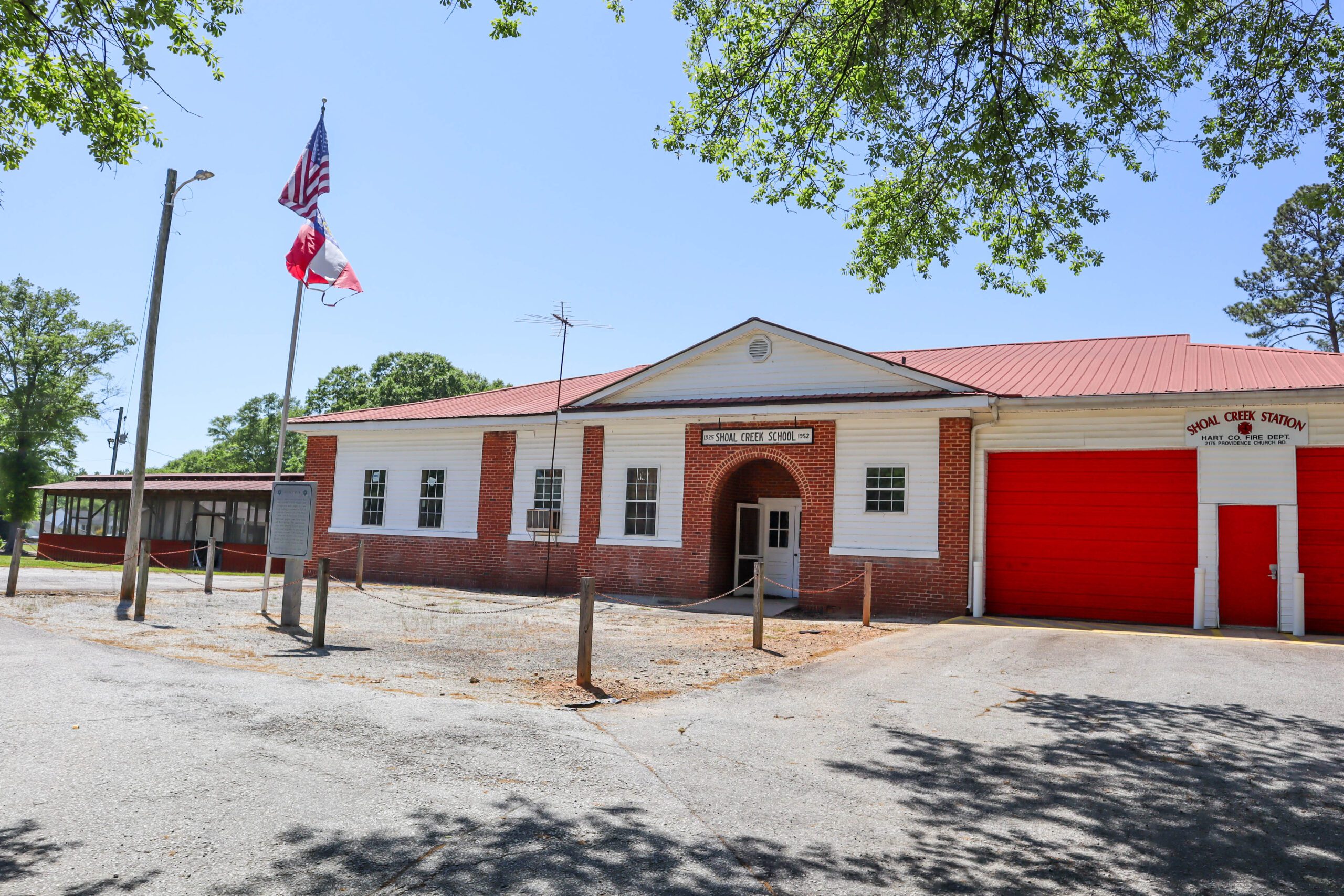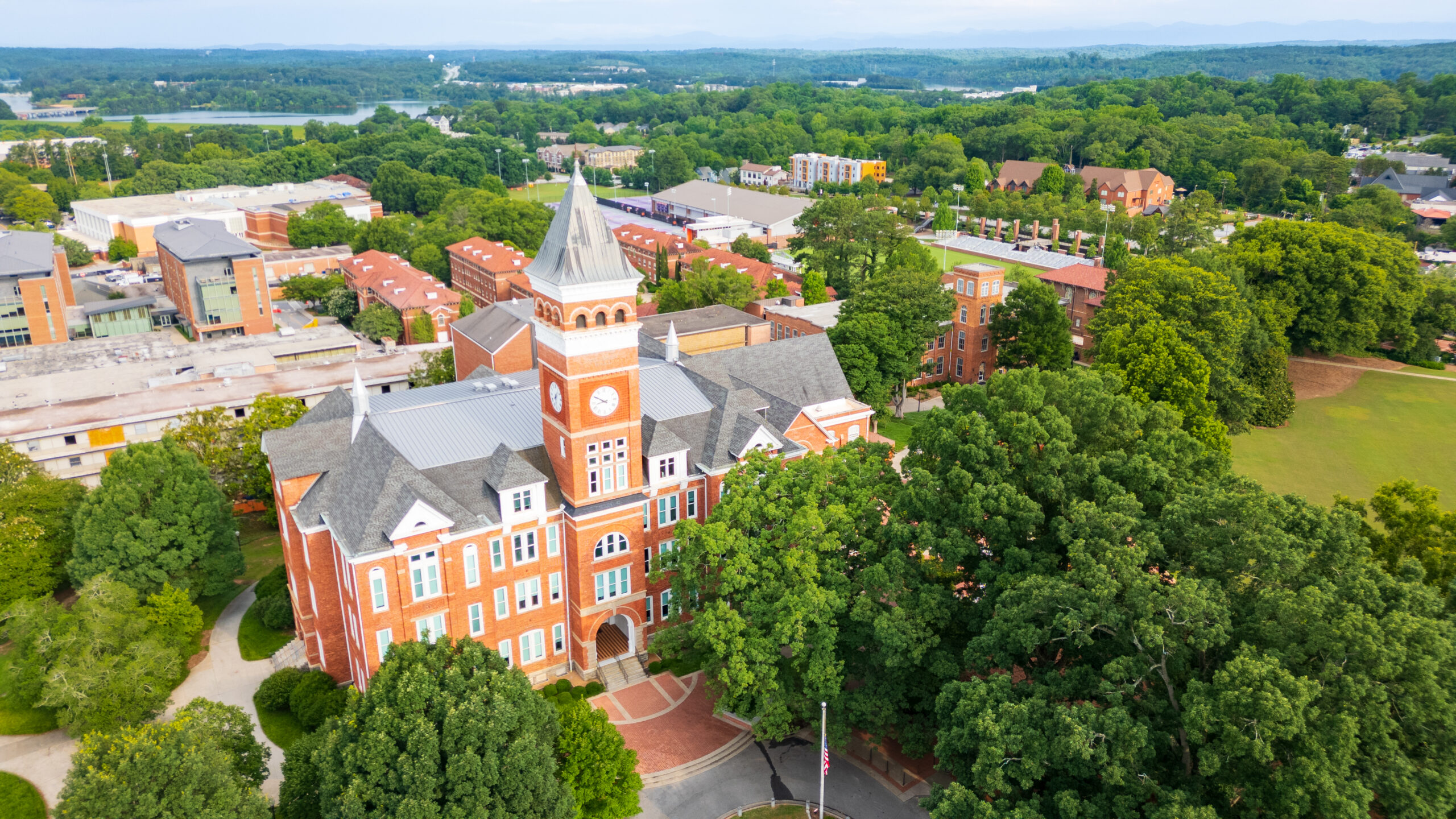We all know that children are the future leaders of our community, and that’s why it’s so important that we’re helping them become the best people they can be. But all too often, kids’ ambitions can be sidelined by traumatic experiences, addiction, and abuse.
One small school in northeast Georgia is trying to make a difference for kids in their community and around the globe by offering a faith-based residential facility to redirect trouble kids and teach them vital survival skills while focusing on spiritual growth.

Faith Based Healing For Teens In Crisis
At Shepherd’s Hill Academy in Martin, GA, families find a resource helping their teenaged child through a tough time. This residential therapeutic facility specializes in emotional healing and provides a structured environment for kids to disconnect and restore inner peace.
SHA knows that today’s kids are faced with stresses that no other generation has known. Technology and social media create new realms of social networking that can be intimidating for adults to navigate, much less teenagers at the peak of puberty.
While some families take on these pressures seemingly with ease, others face what seem like endless struggles. Helping kids grow into healthy adults is harder than it’s ever been, yet many parents carry this burden alone leaving them feeling like failures.
When it seems like all hope is lost, SHA aims to offer solace. Set in a small country town in NE Georgia, their rustic campus is simple yet serene. The simplicity of the location is as important as the education they provide.
Once admitted, teens are committed to a one year residency. Communication with family and friends is scheduled and intentional, while access to technology is extremely limited. This disconnection is like a reset button and forces the students to become immersed in the school’s therapeutic environment.

Teaching Life Skills The Old Fashioned Way
A huge aspect of Shepherd Hill Academy’s therapeutic approach is their back-to-basics approach to life and learning. In addition to traditional schooling and therapy, students have responsibilities caring for their horse, farm animals including chickens and pigs, and tend a vegetable garden.
Imparting a sense of self-sufficiency builds confidence and life skills that can’t be learned from a computer screen.
Gardening therapy teaches coping skills
It’s amazing how much healing takes place in the action of manual labor. Here are some stories from the Sustainable Agriculture teacher, Mrs. Kelly Deal.
You see the program working the most when the students think no one is watching. Students will get so absorbed in their activity or “work” they don’t realize they are growing through the process.
Last June, during our extended Sustainable Ag class, one girl (who does not gravitate naturally to outdoor activities or manual labor) kept asking if she could pull weeds.
I said “Are you sure that’s the job you want? You are welcome to help plant or harvest vegetables today if you want.” She replied, “I would really like to just pull weeds, it’s kind of my favorite thing to do because I get to work and just think some things out.”
So cool to hear a student actually verbalize that.

During our Agriculture class, I assign SAE (Supervised Agricultural Experience) projects (similar to FFA, but not quite as formalized). I work closely with our therapy team to assign projects that are specific to each student and their personal therapy goals.
Last fall I had a female student who needed to strengthen her bond with her mother. Their relationship had become stressful and cold. She told us how she had a small hobby farm at home and thought it would be cool if she and her mom could start a small flock at their house. I assigned her to our chickens and she became my Junior Egg Inspector. She became the expert of chickens and learned how to manage a flock. Hopefully, once she goes home, this will become a peaceful middle ground where mother and daughter can heal together.
Sometimes being able to share space peacefully is a huge step.
This spring I have a younger male student who has always loved the outdoors. He is very enthusiastic about our Agriculture class, especially about growing things. At home, his family has a couple of raised beds and an interest in gardening. I plan to have this student take a cutting from our plants on campus and root them in our greenhouse.
I will teach the student how to transplant and care for these plants in class. I will also provide his parents with supplemental info as well to fill in the gaps. Ultimately the intention is for this student to bond with his family by sharing his knowledge and the fruits of his labors in class.

Engaging their senses with an edible landscape
When choosing which crops to grow, Mrs. Deal opts for a lot of plants the students can eat right off the vine.
“We have blueberries, blackberries, and many nut trees scattered around campus. We also have a dedicated herb bed that we use for cooking, oil infusions, and discussion about the healing properties of some plants.
We also do seasonal vegetables that lend themselves to long-term storage and canning, such as tomatoes, corn, potatoes, cucumbers, okra, squash, pumpkins, peppers, peas, and beans.”
The kids are involved every step of the way including starting and saving seed for the school’s seed bank.
“We purposefully plant heirloom varieties on campus so we can grow our seed bank at Shepherd’s Hill. I encourage our students to take seeds home to their families.”
Mrs. Deal always grows her tried and true favorites: Cherokee Purple and Mortgage Lifter tomatoes, Cow Horn okra, Truckers Delight corn, Pink Eye Purple Hull Peas, Rabbit Eye blueberries, and your tell-all peonies.
“We use the peonies as our way of deciding when it’s time to plant – they never steer us wrong.”
“This spring we will work with Monarchs Across Georgia to create a pollinator garden with native plant species. This will be a beautiful addition to our campus and be utilized in our Environmental Science, Sustainable Agriculture, and our Appalachian Arts classes.”

Bringing Garden Therapy To Your Family
Families bond when they work together. Pulling weeds, trimming bushes, dividing flowers, and maintaining the compost pile is everyone’s responsibility.
Getting hands dirty together builds common experiences and helps families reconnect. If you’re looking for ways to reconnect with your teen, you can emulate some of the school’s projects at home.
Mrs. Deal suggests growing foods your family likes to eat. For example, if you love salsa, plant some tomatoes, cilantro, and onions in a small container garden. Lettuce is also really easy and rewarding to grow.
Blueberries are great because they’re not only a kid favorite, but as perennial bushes, you get to plant them once and enjoy them for years.
Animals also have a role in gardening therapy. A small flock of backyard chickens is easy to care for and provide eggs and fertilizer for your garden. Chickens are also funny little birds that are very entertaining to watch.
Consider starting a small worm bed, this is a great lesson on healthy soil and would create an extremely beneficial soil conditioner and fertilizer for your garden.
These projects can be as small or as large as you want them to be. The important thing is to do something together.
“Our family loves to spend warm evenings in the summer sitting outside after we have worked in the yard all day and admiring our work. There is something about the smell of fresh dirt, cut grass, and sweat that is good for your soul. “

Get In Touch With Shepherd’s Hill Academy
If you’d like to talk to the staff at Shepherd’s Hill about more ways to help troubled teens, they are just a phone call away!
Learn more about what they do on their YouTube channel or visit their website at shepherdshillacademy.org. And feel free to reach out to them at office@shepherdshillacademy.org or call 706-779-5766.






